
Knowing you are in menopause is easy – did your periods stop one year ago? If yes, then congratulations, you are in menopause.
Knowing you are in perimenopause on the other hand is tricky. Perimenopause is defined as the “years before menopause when a woman’s hormone levels and menstrual periods become irregular”. That doesn’t really clear it up, does it? How many years before menopause? How do I know if my hormones are irregular? What if my periods were always irregular?
Never fear. I’m here, as always, to lavish you with knowledge, so that you can go live your life with knowledge and confidence in your mind, and your body.
Hormone Irregularities
The most common question I get asked in my practice is “Are my hormones out of balance?” Hormones are responsible for so many actions in our bodies, if you have a concern, it’s likely there is a hormone imbalance involved.
For women, the things I consider most when answering their “is it my hormones” questions are:
- Are you experiencing new or worse PMS? Is your mood in the week(s) before your period out of control?
- Are you experiencing more mood swings, depression or anxiety? Are you feeling suddenly weepy without knowing why?
- Are you experiencing more brain fog, difficulty concentrating or poor memory?
- Are you experiencing new or worse breast tenderness, pain or lumpiness?
- Are you waking up in the middle of the night when previously you had no difficulty staying asleep?
- Are you experiencing night sweats or hot flashes at any point in your cycle?
- Are you experiencing weight gain without changing your diet or lifestyle habits?
- Are you experiencing more headaches or migraines?
- Are you wondering where your libido has gone?
These are all common signs that a woman’s hormones are changing. On average, women start to notice these changes in their 40s, but women as young as 35 can start to experience the early hormonal shifts of perimenopause.
The most common hormone change in perimenopause is higher levels of estrogen (or more variable and unpredictable levels!), and lower progesterone levels. This hormone balance is sometimes referred to as “estrogen dominance.”
Period Irregularities
Some women in perimenopause experience drastic changes in their periods, and other women experience few to no changes at all. Some of the questions to look at regarding your periods are:
- Are you experiencing new or worse menstrual cramping or pain?
- Are your periods heavier than they used to be?
- Are your cycles shorter or longer than they used to be?
- Are your cycles more variable than they used to be (sometimes longer or shorter, and sometimes on time?)
So, Are You Perimenopausal?
Even if your period has not yet changed, if you are experiencing more than two or three of the hormone changes listed above, or if any one of the hormone changes is severe, then more than likely you ARE in perimenopause.
Each woman will experience perimenopause differently. The main characteristic of perimenopause is that it is a time of hormone irregularities. Many women experience milder symptoms for years (a time often referred to as “early perimenopause”), with more significant symptoms developing as they get closer to actual menopause. Late menopause is usually considered when women begin missing cycles, with at least 60 days between periods.
In my practice, I talk about perimenopause as being like puberty, but in reverse. Instead of our hormones ramping up to a state of stability, they are declining, but ultimately will achieve a state of stability. If you are struggling through the transition of perimenopause, don’t just suffer in silence. Reach out so we can strategize ways to help you maintain your quality of life while you naturally transition through perimenopause. Your 40s are some of the best years of your life – don’t let your hormones stop you from living at your best.
Select References
Hale GE, Hughes CL, Burger HG, Robertson DM, Fraser IS. Atypical estradiol secretion and ovulation patterns caused by luteal out-of-phase (LOOP) events underlying irregular ovulatory menstrual cycles in the menopausal transition. Menopause 2009; 16(1):50-59.
Harlow SD, Gass M, Hall JE, Lobo R, Maki P, Rebar RW et al. Executive summary of the Stages of Reproductive Aging Workshop +10: addressing the unfinished agenda of staging reproductive aging. Climacteric 2012; 15(2):105-114.
Disclaimer
The advice provided in this article is for informational purposes only. It is meant to augment and not replace consultation with a licensed health care provider. Consultation with a Naturopathic Doctor or other primary care provider is recommended for anyone suffering from a health problem.


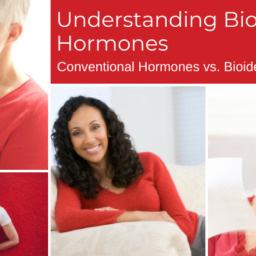




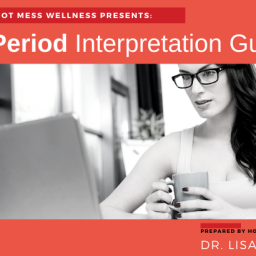

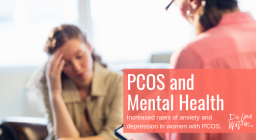
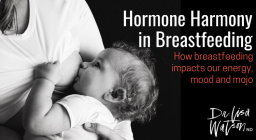
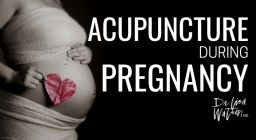
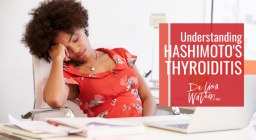
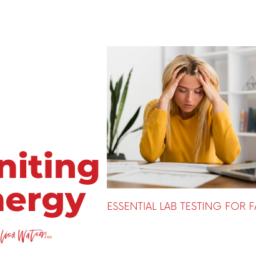
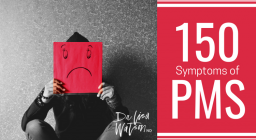


Thanks for the article. I can relate to many of these statements 😊
[…] developing a thyroid condition in their lifetime, and rates increasing as we age, many women in perimenopause and menopause will be dealing with hormone imbalances in both these important […]
[…] perimenopause, those rollercoaster years before menopause when hormones are erratic and volatile, a woman is most […]